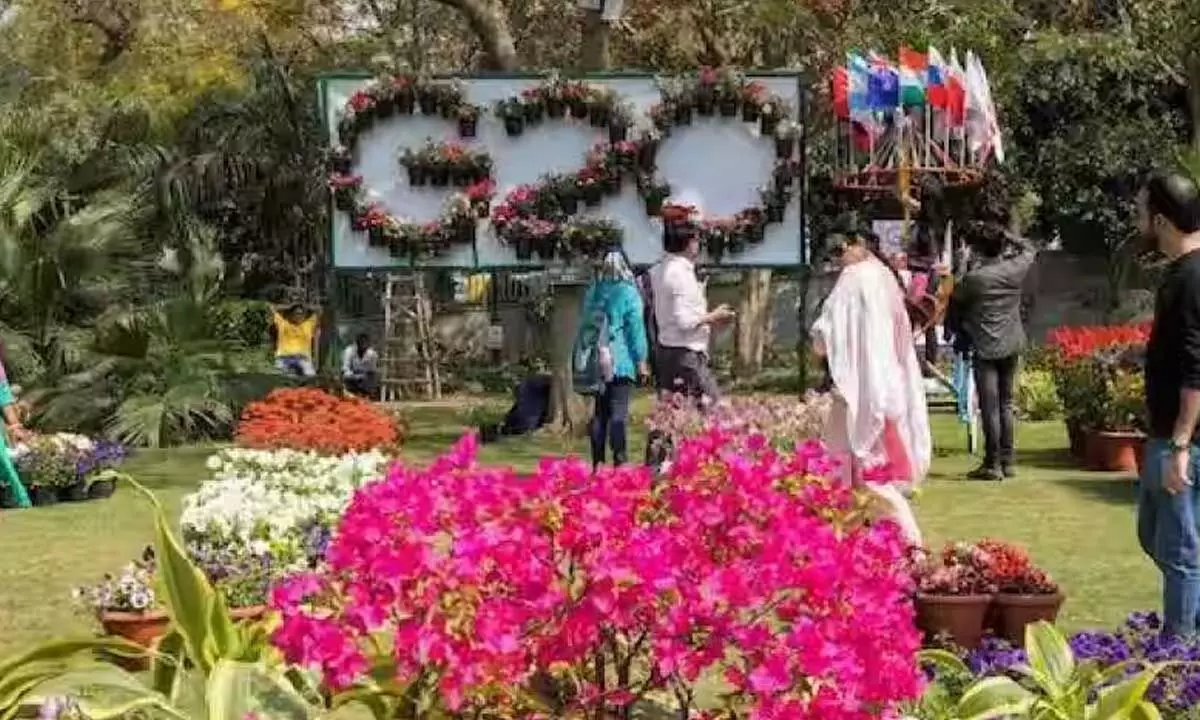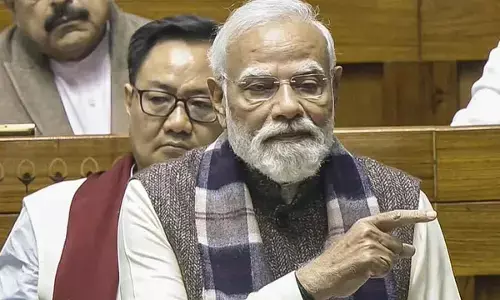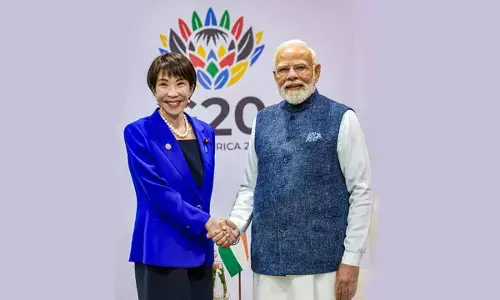Govt to plant 20 lakh flowering saplings in Delhi as part of preparations for G20 Summit
Share :

Govt to plant 20 lakh flowering saplings in Delhi as part of preparations for G20 Summit
The Delhi government has set a target of planting 20 lakh flowering saplings in the national capital as part of its preparations for the G20 Summit slated to be held in September.
New Delhi: The Delhi government has set a target of planting 20 lakh flowering saplings in the national capital as part of its preparations for the G20 Summit slated to be held in September.
Of these, the forest and wildlife department will plant 12 lakh saplings and other agencies the rest. A forest department official said flowering species such as jacaranda and palas will be planted in large numbers. The entire exercise will be completed by July end. Over 10 lakh exotic potted plants will also add to the beauty of the national capital as it gets ready to host the G20 Summit, officials said.
The horticulture wings of the central and Delhi government departments, including the Delhi Development Department, New Delhi Municipal Council, Public Works Department and Municipal Corporation of Delhi, have been asked to decorate public spaces, roundabouts, major intersections, flyovers and vertical greens in the city with exotic flowering plants. Special attention will be given to the stretch between the Indira Gandhi International Airport and Lutyens Delhi, India Gate area and Pragati Maidan, the main venue of the G20 Summit in Delhi.
India took over the presidency of the G20 on December 1 last year. The summit, to be held in September 2023, will be a culmination of all the G20 processes and meetings held throughout the year among ministers, senior officials, and civil societies starting December. The Group of Twenty (G20) comprises 19 countries and the European Union. Its members represent around 85 per cent of the global GDP, over 75 per cent of the global trade, and about two-thirds of the world population.



















